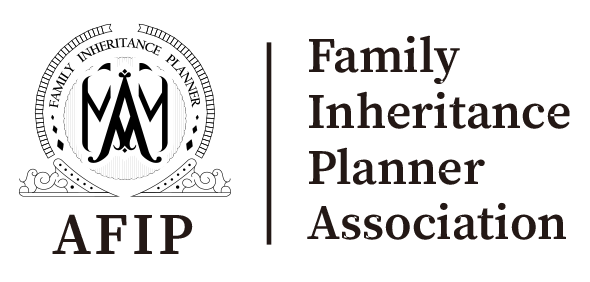I. From Longer Lifespan to Extended Value
For the first time in human history, longevity is no longer a dream — it is a reality.
According to the World Health Organization (WHO), by 2050 there will be over 2 billion people aged 60 and above worldwide.
The extension of human lifespan is not merely a biological phenomenon — it is an economic and cultural revolution.
In the past, economies focused on growth — production, investment, consumption.
In the future, economies will focus on continuity — health, care, and quality of life.
This is what we call the “Longevity Economy” —
a new economic paradigm built upon Life Span × Health Quality × Smart Technology.
In this system, health is no longer just a medical issue but a new form of asset,
and longevity is no longer a matter of luck, but the restructuring of society itself.
II. The Driving Forces Behind the Longevity Economy: Three Waves of Transformation
The rise of the longevity economy is fueled by the convergence of three transformative trends:
- Demographic Shift and Population Aging
The global population aged 65 and above is growing twice as fast as the youth population.
This “silver generation” no longer represents dependency — they are a new force of consumption, education, and health awareness.
- Technological Penetration and the Rise of Smart Healthcare
AI, wearables, telemedicine, and genetic testing are reshaping the healthcare landscape.
Data-driven preventive medicine is shifting healthcare from treatment toward prediction, prevention, and precision.
- A Value Revolution: From Ownership to Sustainability
The new generation of high-net-worth families no longer seeks the extremes of material wealth,
but rather the effectiveness of life and the return on health investment.
Longevity is becoming the new metric of prosperity,
and health, the true foundation of family legacy.
III. Health as Wealth: The Core Logic of the Longevity Economy
In the era of longevity, health itself has become an investable asset.
The emergence of Health Asset Management is leading elite family offices
to shift from wealth preservation toward life preservation.
Health affects not only individuals, but also family decisions, corporate performance, and social costs.
For example:
- Better sleep enhances productivity and emotional stability.
- Precision nutrition and AI-driven monitoring can delay the onset of chronic diseases.
- Investing in health technology and longevity enterprises yields both sustainable and socially valuable returns.
Thus, the essence of the longevity economy is not the expansion of the medical market,
but a redefinition of the value of time in human civilization.
IV. AI × Longevity: Smart Technology for a New Life Cycle
Artificial Intelligence (AI) is reshaping our understanding of health and lifespan.
Through algorithms and real-time data analytics, AI can:
- Predict chronic disease risks and longevity curves.
- Analyze genetic data, behavioral patterns, and metabolic responses.
- Build personalized health models and provide data-driven lifestyle guidance.
From AI-powered smart rings to cloud-based health records,
we are witnessing the convergence of AI × Health × Preventive Medicine —
a transformation not just in medical systems, but in how humanity manages life itself.
AI turns health from uncontrollable to designable,
and longevity from accidental to achievable.
V. Longevity and Family Legacy: From Wealth to Purpose
Traditionally, family legacy focused on the transfer of wealth.
In the era of longevity, legacy now centers on the continuity of life and the governance of health.
Across the world, many family offices are establishing health asset divisions,
incorporating genetics, AI monitoring, preventive medicine, and mental wellness
into their family governance frameworks.
This shift signifies that:
- Legacy is no longer the transfer of money, but the transmission of life values.
- Family mission is no longer about maintaining wealth, but sustaining quality and meaning of life.
When health becomes the new language of legacy,
the measure of a family’s greatness is no longer the size of its fortune,
but how long its light of life can shine.
VI. Conclusion: Longevity — The New Faith of Our Time
The longevity economy is not only an economic revolution — it is a civilizational awakening.
It moves humanity from the pursuit of living long to the pursuit of living well.
To live long is to extend time; to live well is to extend value.
As AI, health technology, and family governance converge,
we are entering a new era — one that is not only longer in years,
but deeper in wisdom and richer in dignity.
The gold of the future lies not beneath the earth, but within our blood.
The wealth of the future lies not in bank accounts, but in health itself.

